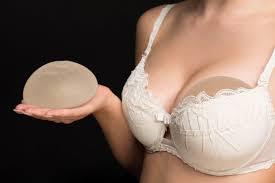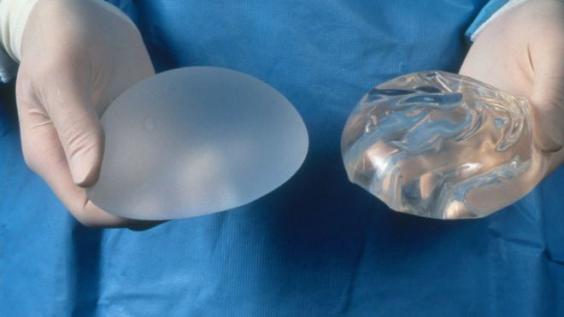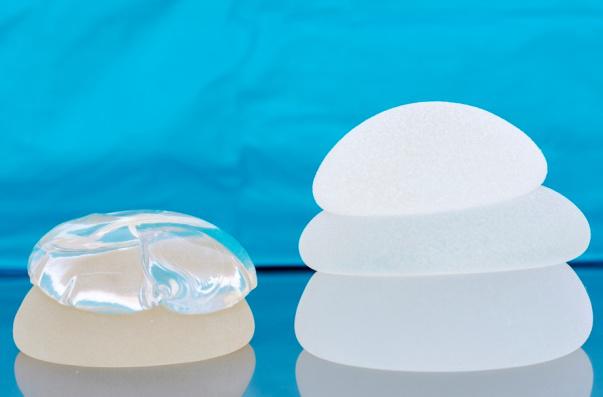Whether or not you need breast implants is certainly a personal choice, but before you take the plunge, you should educate yourself about everything involved in the process. You should know if you should get breast implants or look for any possible alternatives. What should you expect after you have undergone the process? How much monitoring is necessary after the implant? In short, there are so many things to know about breast implants to ensure you know what you are getting yourself into.
Important Things to Know about Breast Implants

It is true that researching breast implants can be a confusing and overwhelming process. However, if you are really thinking of using this option, here are a few things you should know.
1. Be Prepared to Spend a Lot of Money
Getting breast implants is going to be an expensive proposition. In fact, some statistics show that you may have to pay around $3,719 or even more in some cases. Interestingly, the amount can go up depending on the doctor, patient, and your location. You may have to pay more and wait longer if you are going for a reduction procedure; in fact, it could take three times longer than breast augmentation.
2. Two Types of Implants

The first thing to know is the availability of different types of breast implants. In most cases, you can choose between saline and silicone breast implants. Silicone implants are quite popular because they feel and look more natural, but it is extremely difficult to detect if these implants leak. It is easier to detect a leak in saline implants, but they may have ripples in certain areas of the breasts. Talk to your surgeon to learn more about the most suitable breast implants for you.
3. Be Prepared for Additional Surgery
Many women think that they do not have to worry about anything after their first breast surgery, but that is not the case. The truth is that most women require additional surgery; in fact, more than 25% of women have to undergo the procedure once again within the 10 years time. You may need another surgery if the implant begins to leak. Sometimes, a scar shell develops around the implant and warps its shape. This change in shape requires new implants. Moreover, many other factors, such as pregnancy, weight loss, and change in preference can affect your implants, and make you go for another surgery after a few years of your first.
4. No Change in Breastfeeding

One of many things to know about breast implants is that they do not affect your ability to breastfeed. However, many factors can play a role here and determine whether a woman will be in a position to breastfeed after the procedure. For instance, you cannot breastfeed your baby if you opt for breast reconstruction after mastectomy. It is also important to bear in mind that you may not be able to breastfeed if you have your areola incised because it could damage the gland as well. In other cases, you can continue to breastfeed without having to worry about causing any harm to your baby.
5. Not the Same As the Real Breasts
Even though silicone breasts feel a lot like real breasts, they are still no way near natural breast tissue. Your implants may look more unnatural if you opt for larger implants. It is usually a bit difficult to detect smaller implants that are placed underneath the muscle. Still, do not expect your partner to not notice any difference between natural breasts and implants.
6. Limited Size Options

Many women think that they can have their breasts as big as they want, but the truth is that the size of your breast implants depends heavily on the size of your rib cage. Moreover, how elastic and thick your skin is will also play a big role here. You can have larger implants in case your skin is more elastic, as this would prevent any stretch marks. The good thing is that you can actually try different boob sizes before finalizing your decision. It can be done using a bead-filled neoprene sack.
7. Do Not Expect Big Changes in One Procedure
If you think you can go from a small A cup to a DD cup in a single procedure, you are wrong. One of the many things to know about breast implants is that you just cannot select whatever you want. You have to set realistic goals and understand that your skin and body takes time to adjust to whatever changes you make to your breasts. Therefore, you will see your surgeon going up a couple of cup sizes in one procedure. You can increase the size over the course of a few years though.
8. Loss of Sensation in Your Nipples
Many women are going to lose sensation in the nipples after undergoing a breast reduction or augmentation. The loss of sensation usually depends on surgery type and breast shape. However, it is important to mention that your nipples will continue to respond to cold and stimulation.
9. Not for Everyone
One of many things to know about breast implants is that they are not suitable for every woman. Your surgeon would advise against breast augmentation if you have a family history of breast cancer. Similarly, you may not be a good candidate for breast implantation if you are obese or smoke. If you smoke or have a high body fat percentage, you are likely to develop complications during and after your procedure.
10. Lifestyle Changes
After you have undergone a procedure, you will have to be very careful about things you can do. For instance, you will have to avoid certain cardio exercises, especially the ones that require bouncing. Similarly, you will have to make certain changes to your posture after the procedure to manage the weight of the implants more effectively.